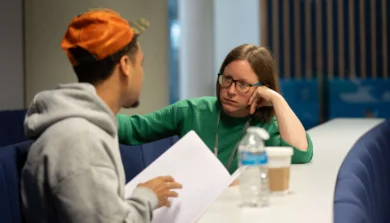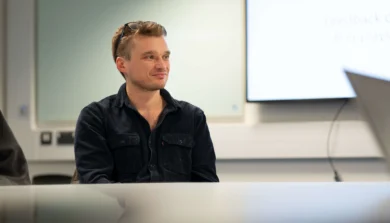MA Criminology & Social Justice
Postgraduate
- Start date
- –
- Study mode
- –
- Course length
- –
- UCAS Code
- –
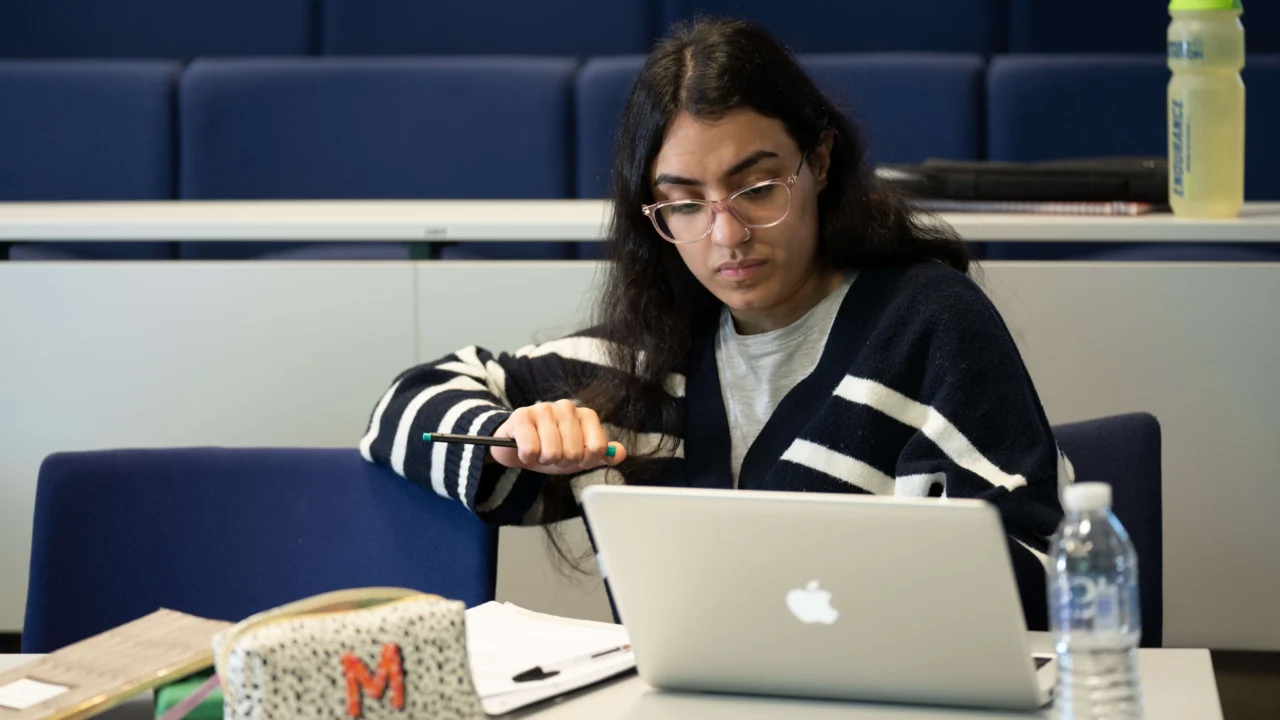
Interested in a different start date?
Discover how criminology and social justice intersect to challenge inequality and shape fairer systems. The MA Criminology and Social Justice at Birmingham Newman University is designed for students who want to explore the relationship between crime, justice and social harm in today’s world. Whether you are advancing in your current role or moving into a new area of practice, this course offers the critical insight and research skills needed to support change. You will examine how power, discrimination and policy influence people’s experiences of justice, and how inclusive approaches can make a lasting impact.
Book a free consultation
Want to find out more about your options? Book a free consultation with an Academic
Why Study This Course?
The MA Criminology and Social Justice at Birmingham Newman University offers a critical and timely exploration of how crime, justice and inequality shape lives and communities. It is designed for those who want to challenge injustice, question established systems and contribute to more equitable approaches to justice. Whether you are progressing in your current role or entering a new field, the course supports your development as a thoughtful, informed and socially engaged professional.
“Students will be most inspired by how this course connects academic learning with real-world impact. With small class sizes and a student-centred approach, learners are supported to develop their own criminological expertise while exploring the complex relationship between crime, harm and justice; both locally and globally. What sets this course apart is its commitment to social justice, taught by research-active staff with practitioner experience, and its focus on equipping students with the skills they need to make a meaningful difference in diverse criminal justice careers.” – Em Temple-Malt, Senior Lecturer in Criminology
Explore Crime, Justice and Inequality
Criminology and social justice are rooted in understanding power, policy and lived experience, and this course helps you explore how these elements shape responses to crime. You will study themes such as human rights, social policy and the criminal justice system, supported by real-world case studies and critical analysis. Optional modules allow you to follow your interests and examine how justice is experienced across different communities. Many students find that the course not only builds professional skills but also deepens their awareness of fairness, inclusion and the potential for change.
Supportive and Personalised Learning
At Birmingham Newman, you will join a close-knit academic community where your ideas are valued and your progress is supported. Teaching is delivered through small-group seminars, collaborative projects and one-to-one academic guidance. You will learn from staff with expertise in criminology, sociology and social justice, and benefit from a curriculum informed by current research. Whether you are continuing from undergraduate study or returning to education, you will find an inclusive and intellectually stimulating environment that helps you grow your skills and prepare for a career that makes a difference.
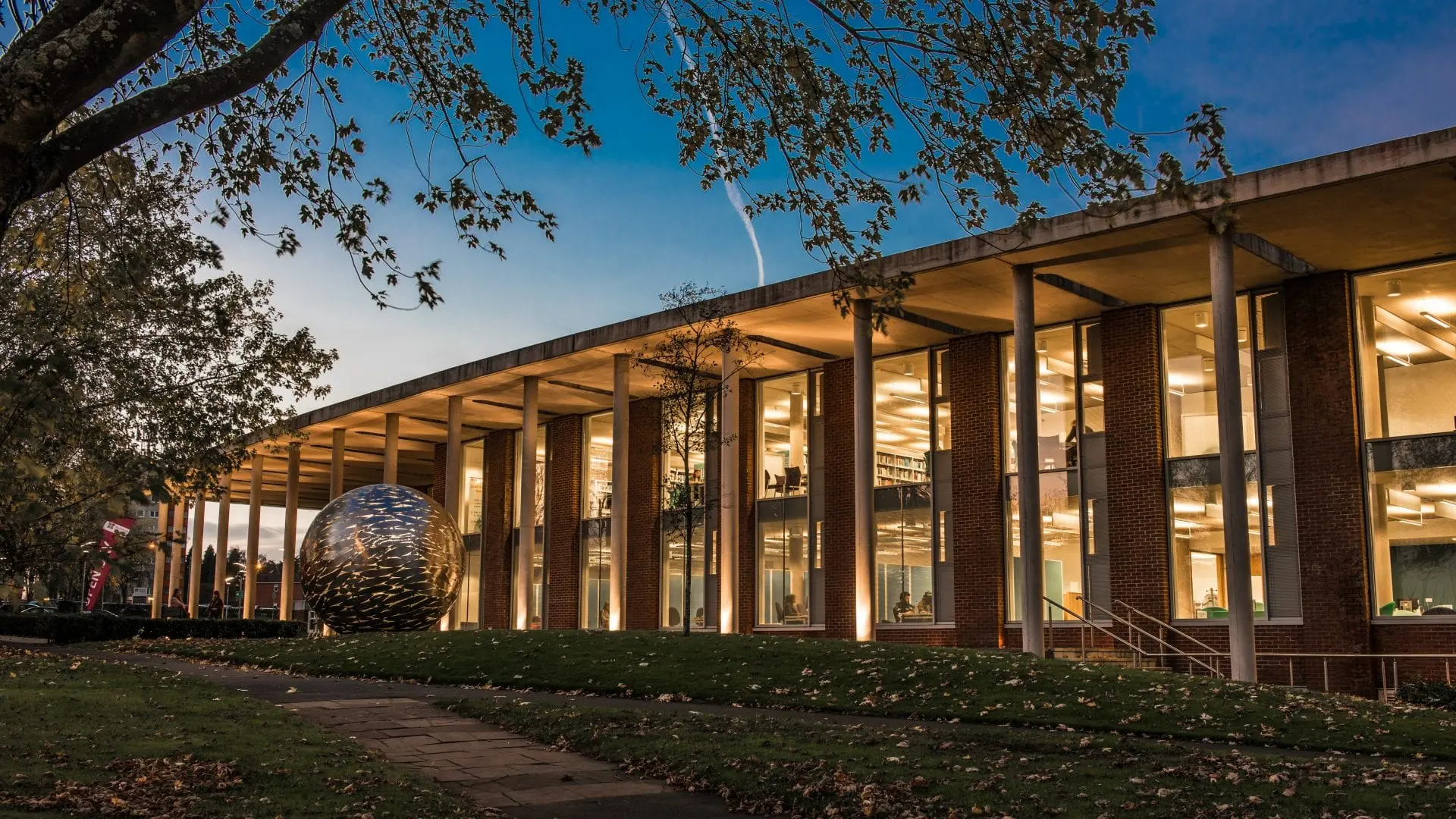
Got a question you’d like to ask?
Entry requirements
We welcome students from all backgrounds and accept a wide range of qualifications. If yours aren’t listed, don’t worry – our Admissions Team can help you explore your options. See full entry requirements.
A relevant honours degree, 2:2 or above.
If English is not your first language, you must have an IELTS score of 6.5, with no element below 6.0. (Other English language qualifications are also accepted. Please contact admissions for further information).
Consideration will be given to applicants with lower grade in qualifications (e.g. a 3rd class degree or non-honours degree) who have a relevant range of post study professional experience. Professional experience will be considered by the programme leader in conjunction with the quality office on an individual basis.
Please contact Admissions if you have any questions.
Course fees
The tuition fee for academic year 2026/27 is: £10,250. Tuition fees for courses starting April to May 2026, fall within the 2025/26 academic cycle.
Fees for the 2025/26 academic year can be found on our Student Finance pages.
Additional costs
The University will review tuition fees and increase fees in line with any inflationary uplift as determined by the UK Government, if permitted by law or government policy, in subsequent years of your course. It is anticipated that such increases would be linked to RPI (the Retail Price Index excluding mortgage interest payments).
Check out our blog/news/events
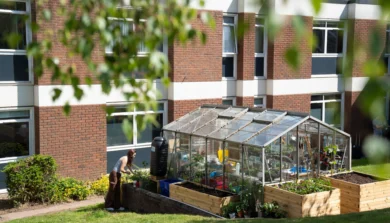
Birmingham Newman Celebrates Green Week 2026 with Campus‑Wide Events
Birmingham Newman will host its annual Green Week from 23 to 27 February 2026, bringing…

Research that makes a difference: Mark Holland wins Most Impactful Project Award
In December, we held our Staff Awards, where we recognised the outstanding achievements of colleagues…

Sports Coaching students Deliver Coaching Sessions for Local Primary Pupils
Birmingham Newman University recently welcomed pupils from St Peter’s Primary School to campus as part…

Vice-Chancellor Professor Jackie Dunne awarded MBE in New Year Honours
Vice-Chancellor of Birmingham Newman University receives an MBE for services to Higher Education.

Birmingham Newman University Celebrates Staff Achievements at Annual Awards
Birmingham Newman University celebrates its staff at the Annual Staff Awards Celebration.

Book an open day
Find out about our next open day. Book now to secure your place.
Our Careers team provides tailored advice, placements and workshops to help you build confidence and prepare for life after university.
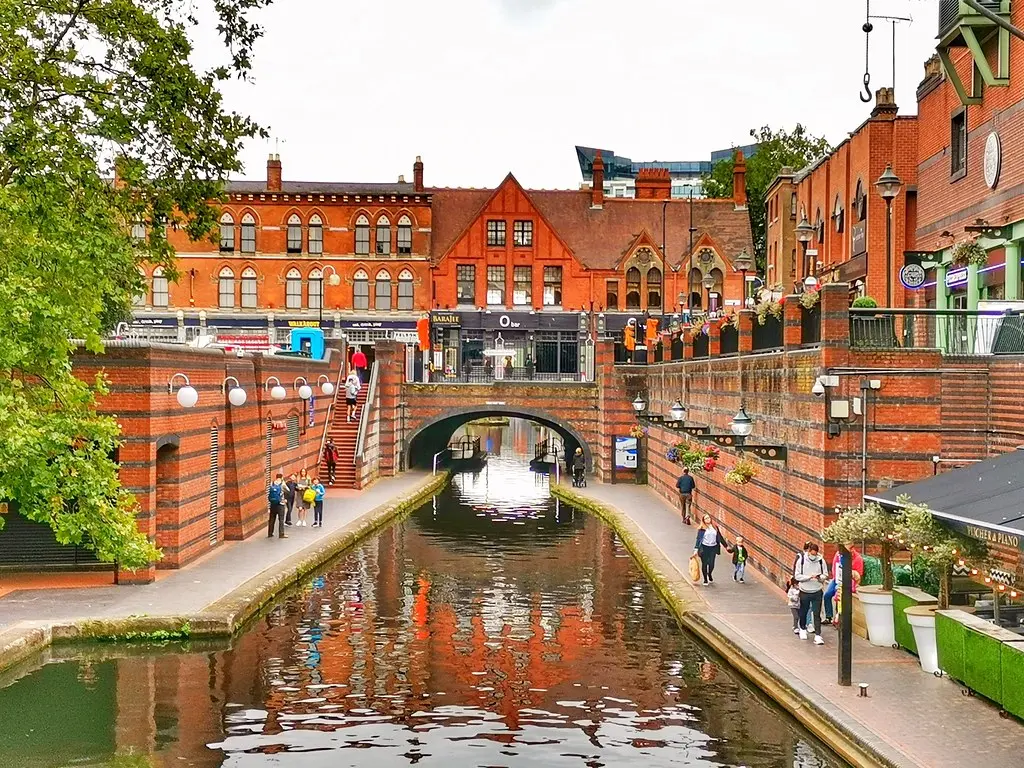
Where this course can take you.
You will graduate with a master’s degree that demonstrates your ability to analyse complex social issues and contribute to fairer, more inclusive systems. Whether you are aiming for a career in criminal justice, policy, advocacy, research or further academic study, this course equips you with the knowledge and confidence to make a meaningful difference. You will be prepared to work in roles that require critical thinking, ethical awareness and a commitment to social change.
Accreditations and Exemptions
The MA Criminology and Social Justice is an academic qualification and does not include professional accreditation or exemptions. However, it provides a strong foundation for doctoral study or for careers in criminal justice, social policy, research, advocacy and community development. The course reflects the values of fairness, inclusion and critical inquiry, preparing you to move into roles that address inequality and contribute to social change.

